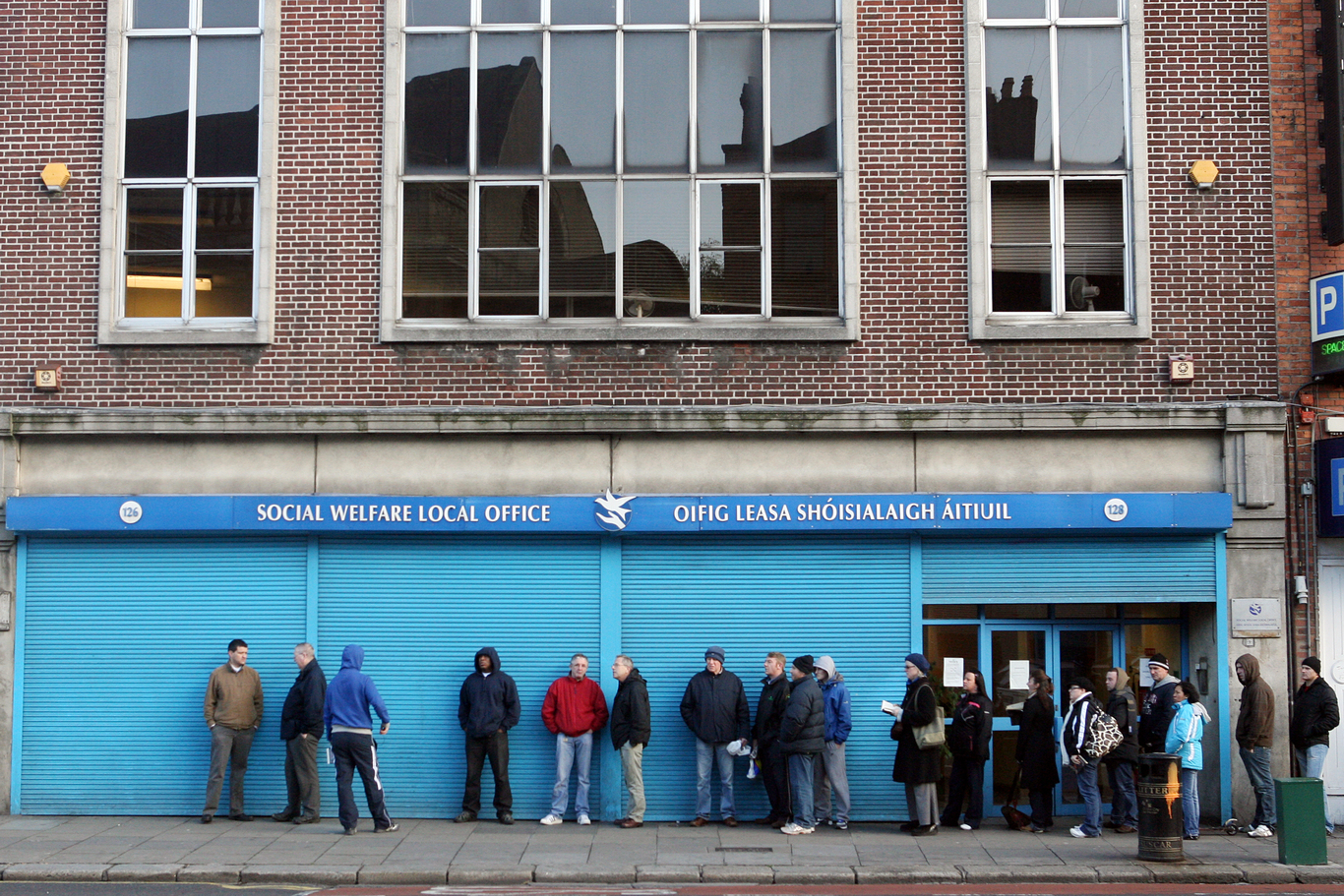Overhauling a dole system that 'discourages' jobseekers could help plug Ireland's skills gaps
The National Recruitment Federation also noted the cost of childcare is keeping people out of work.
A SOCIAL WELFARE system that discourages people from taking up temporary work and high childcare costs are two issues that are fuelling persistent skills gaps, Irish recruiters say.
In recent years, Ireland has continued to creep towards full employment, with the unemployment rate standing at 5.1%, representing 120,500 people out of work, in July.
However, this trend has caused competition for workers to intensify and sectors of the economy have started to experience a “major talent crisis”.
Skills shortages have become particularly apparent in the construction sector, while tech firms have also noted issues with filling roles.
In its pre-Budget submission, the National Recruitment Federation (NRF) has said that fixing shortcomings of the Irish social welfare system could help alleviate the demand for workers.
The group that represents the local recruitment industry said Ireland’s social welfare setup “discourages” jobseekers from taking up part-time and temporary roles, such as agency work.
In its report, the recruitment body also said that people in atypical employment have difficulty in accessing benefits. NRF president Frank Farrelly said people who have to sign off the live-register for a day can be worse off financially.
“Many therefore decide not to take up a part-time job. This is an issue in sectors like food services, retail, care, security and cleaning, all of which offer flexible part-time work that will often appeal to jobseekers, and women in particular.”
As part of its submission, the NRF recommended that social welfare payments should be calculated on an hourly basis.
The group said this would encourage jobseekers to take more part-time employment roles and help address labour shortages. It added that each person recruited off the live register could save the Exchequer in the region of €20,000 each year.
Childcare
In its Budget 2019 submission, the recruitment body also called for initiatives to encourage more women to return to the workforce.
The NRF noted that childcare costs are heavily subsidised in other countries and that the lack of affordable childminding in Ireland has contributed to low rates of participation by women in the workforce.
Earlier this year, the National Competitiveness Council’s cost of doing business report showed that gross childcare fees in Ireland are well above both EU and OECD averages.
The NRF has recommended that the state should maintain its funding into the Early Childhood Care and Education (ECCE) programme and supplement this with further investment in out-of-school hours care for children of school-going age.
The group also asked for the ECCE scheme to be extended to include children aged between 12 months and 32 months.
It added that the €1,000 ‘granny grant’ for grandparents who help with childcare is “an inadequate response” for an issue that requires “serious investment”.
Other inclusions in the pre-budget submission:
- The entry point to the 40% rate of income tax should be increased by €1,250 to keep ahead of wage growth. This would cost the Exchequer roughly €210 million;
- A reduction of the main USC rate, which stands at 4.75 %, to 4.5% and the same 0.25% reduction in the lower rate to 1.75%;
- The National Training Fund should be “refashioned” to ensure the programmes meet employer-determined upskilling or reskilling requirements;
- The Sate should increase its funding to support apprenticeships and traineeships in a wider range of trades and sectors.





